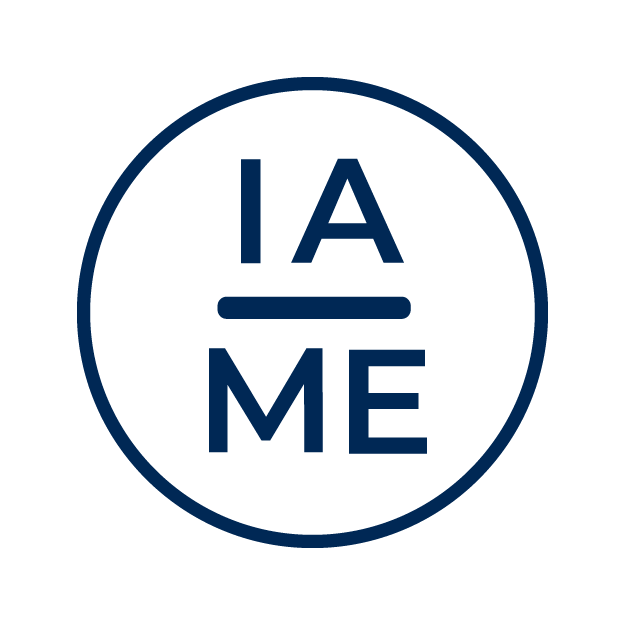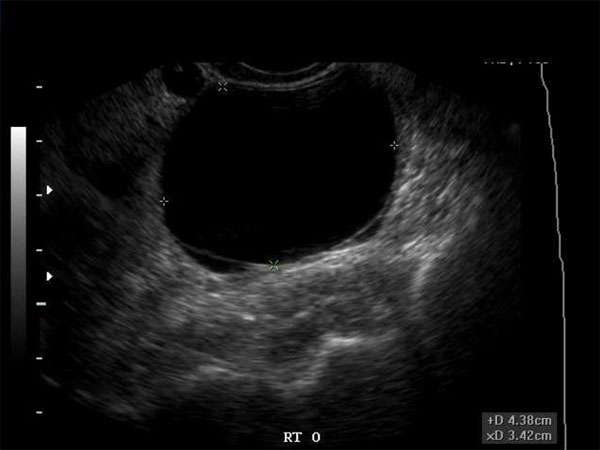CME: A Lifelong Learning Journey for Medical Professionals
Introduction
Continuing Medical Education (CME) plays a crucial role in the professional development and growth of medical professionals. Whether you’re a sonographer, doctor (Radiologist, OB/GYN, Emergency Medicine, Family Practice, Internal Medicine), Nurse Practitioner, or Physician Assistant, CME is an essential requirement for maintaining licensure and staying up-to-date with the latest advancements in your field.
Requirements for CME
Medical professionals are required to complete a certain number of CME credits within a defined timeframe to maintain their licenses. The specific requirements may vary based on the profession and jurisdiction, but the underlying objective remains the same: to ensure that healthcare providers continue to provide safe and effective care to their patients.
The Importance of CME
CME serves as a bridge between the academic knowledge gained during formal education and the practical skills required in real-world medical settings. It allows medical professionals to stay updated with the latest research, technological advancements, and best practices in their respective fields.
By participating in CME activities, medical professionals can enhance their clinical knowledge, improve patient outcomes, and enhance their overall professional competence. CME also serves as an opportunity for networking and collaboration with peers, fostering a culture of continuous learning and improvement.
Benefits of CME
Continuous learning through CME offers several benefits to medical professionals:
- Knowledge Update: CME keeps medical professionals informed about the latest developments in their field, ensuring they are equipped with the most up-to-date knowledge to provide the best possible care to their patients.
- Professional Growth: CME activities help medical professionals refine their skills, learn new techniques, and explore emerging trends, thereby contributing to their professional growth and advancing their careers.
- Improved Patient Care: By staying updated with the latest evidence-based practices, medical professionals can enhance patient care and outcomes, improving patient satisfaction and safety.
- Networking and Collaboration: CME events and conferences provide opportunities to connect with peers, exchange ideas, and collaborate on research projects, fostering professional relationships that can lead to new opportunities and advancements in the field.
Choosing the Right CME Activities
When selecting CME activities, it’s important to consider your areas of interest, professional goals, and the relevance of the content to your practice. Look for CME activities that are accredited by reputable organizations and offer a wide range of topics that align with your specialty and professional development needs.
Online CME courses, webinars, conferences, and workshops are excellent options for busy medical professionals, as they offer flexibility and convenience without compromising the quality of education. Additionally, consider engaging in activities that provide interactive learning experiences, such as case studies and simulations, to enhance your skills and critical thinking abilities.
Conclusion
CME is not just a requirement; it is a lifelong learning journey for medical professionals. By actively participating in CME activities, healthcare providers can ensure they remain at the forefront of their fields, continuously improving their knowledge and skills to deliver the highest standard of care to their patients. Embrace the opportunity to learn, grow, and connect with fellow professionals on this lifelong journey of professional development.






